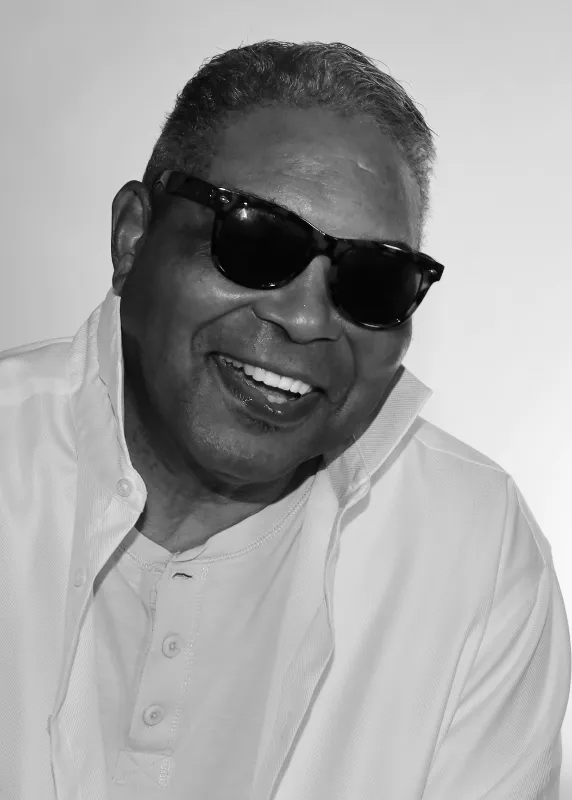Jerry Burton’s career spans the last half-century, covering every corner of the music world. Starting at age 12, Jerry played saxophone on the southern chitlin circuit, eventually joining The Diplomats, the top band in the Tuscaloosa, AL area, by age 14. Playing in those joints was dangerous, with fights frequently breaking out among drunks hopped up on moonshine, forcing everyone to run for their lives.
The Diplomats toured throughout the Southeast, performing with southern rhythm and blues stars like Tyrone Davis, Joe Simon, Clarence Carter, and a young Etta James. At age 16, Jerry pursued a music education in the Northeast, eventually landing in Boston in the early ’70s and briefly attending Berklee College of Music before embarking on a professional music career.
Jerry was lured to the Philadelphia area and signed by the Jolly Joyce Agency, working and touring as a featured artist and music director for other acts on their roster. During this time, he started collaborating with Kevin Joella, guitarist for the Philadelphia Rhythm Section, whose guitar work lights up much of Jerry’s live and recorded work. After several years in the disco scene, playing in dance clubs around Philadelphia and summers at the Jersey Shore, the casino scene in Atlantic City beckoned. Jerry signed an exclusive contract with Resorts Casino and was paired with the famous Treniers in the Rendevous Lounge. However, his show pulled too many people off the gambling floor, and after refusing a move to a less visible lounge, Jerry ended his association with Resorts.
Jerry then moved to the West Coast and worked with several labels before returning to the East Coast to form his own record label, World Records. His first artist, Philadelphia phenom Ernesta Dunbar, produced two iconic albums, The Wind and Checking Out, both strong regional and European favorites. These albums are scheduled for re-release in late 2024 or early 2025. Jerry also enjoyed popular success during this time, releasing his own single, Punk It Out, which had modest regional success.
